Project Funding Breathes New Life into Monitoring Greenland's Seafloor
23.11.2023The Greenland Climate Research Centre and the Greenland Institute of Natural Resources have received funding of DKK 17.2 million for ..
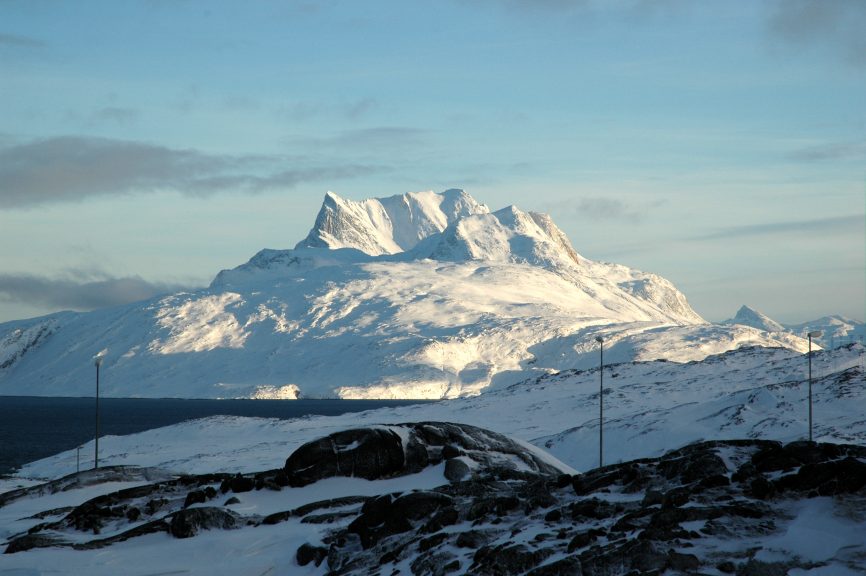
To apply for courses in the Arctic Science Study Programme (ASSP), please complete the “Student Information” form below. After submitting the completed form you will receive an e-mail with details on how to proceed with register for the courses and other practical information.
The ASSP offers graduate (masters) and PhD level courses. The courses in spring form one full semester (30 ECTS). Applicants applying for a full semester are given priority, however, it is possible to apply for single courses. You can find more information about the courses under Arctic Science Study Programme (ASSP).
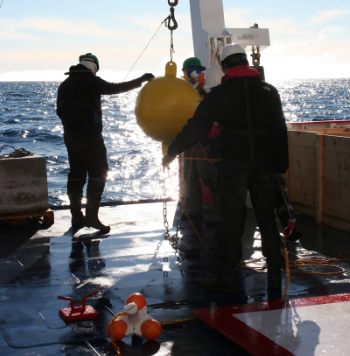
Abstract:
Seismic surveys increasingly operate in deeper Arctic waters with propagation conditions and marine mammal fauna different from the better-studied temperate, or shallow-water, regions. Using 31 calibrated sound recorders, we quantified noise contributions from four concurrent seismic surveys in Baffin Bay, Greenland, to estimate their potential impacts on marine mammals. The impact was cumulative as the noise level rose in response to the onset of each survey: on a minute-by-minute scale the sound-exposure-levels varied by up to 70 dB (20 dB on average), depending on range to the seismic vessel, local bathymetry effects and interference patterns, representing a significant change in the auditory scene for marine mammals. Airgun pulse energy did not decrease to ambient before arrival of the next pulse leaving very little low-frequency masking-free time. Overall, the measured values matched well with pre-season-modeling, emphasizing the importance of noisemodeling in impact assessments, if responses of focal marine mammals are known
Animation showing time-lapse movement of seismic vessels, deployment, movement and retrieval of dataloggers, as well as when each data logger stopped recording
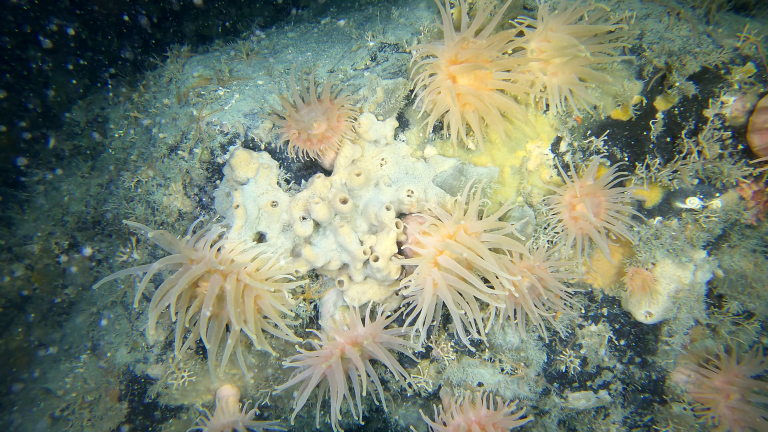
The Greenland Climate Research Centre and the Greenland Institute of Natural Resources have received funding of DKK 17.2 million for ..
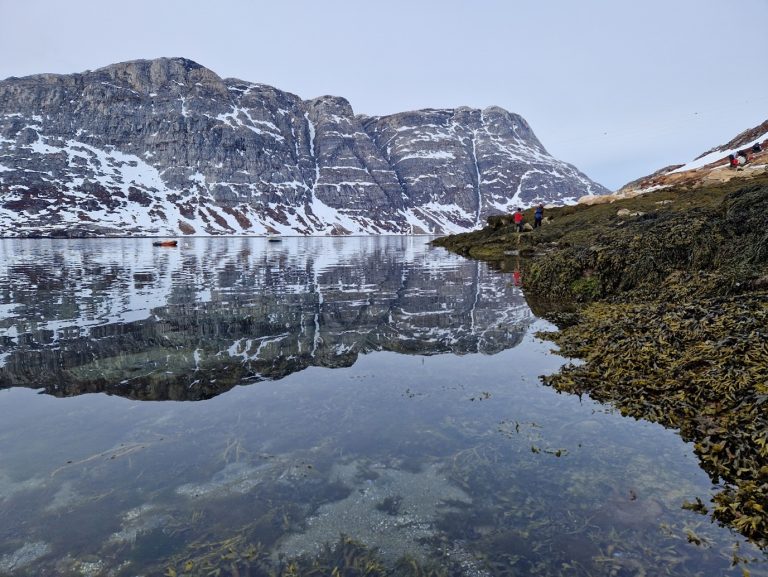
Macroalgae or seaweed are dominating rocky coastlines globally. Even here in Greenland, we can see small kelp such as the ..
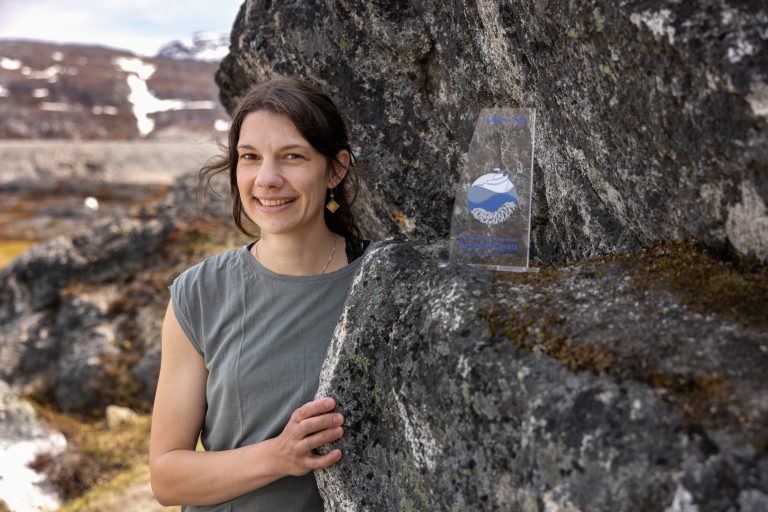
The dark, cold deep sea harbors many unseen treasures, one of which is corals that most people only associate with ..